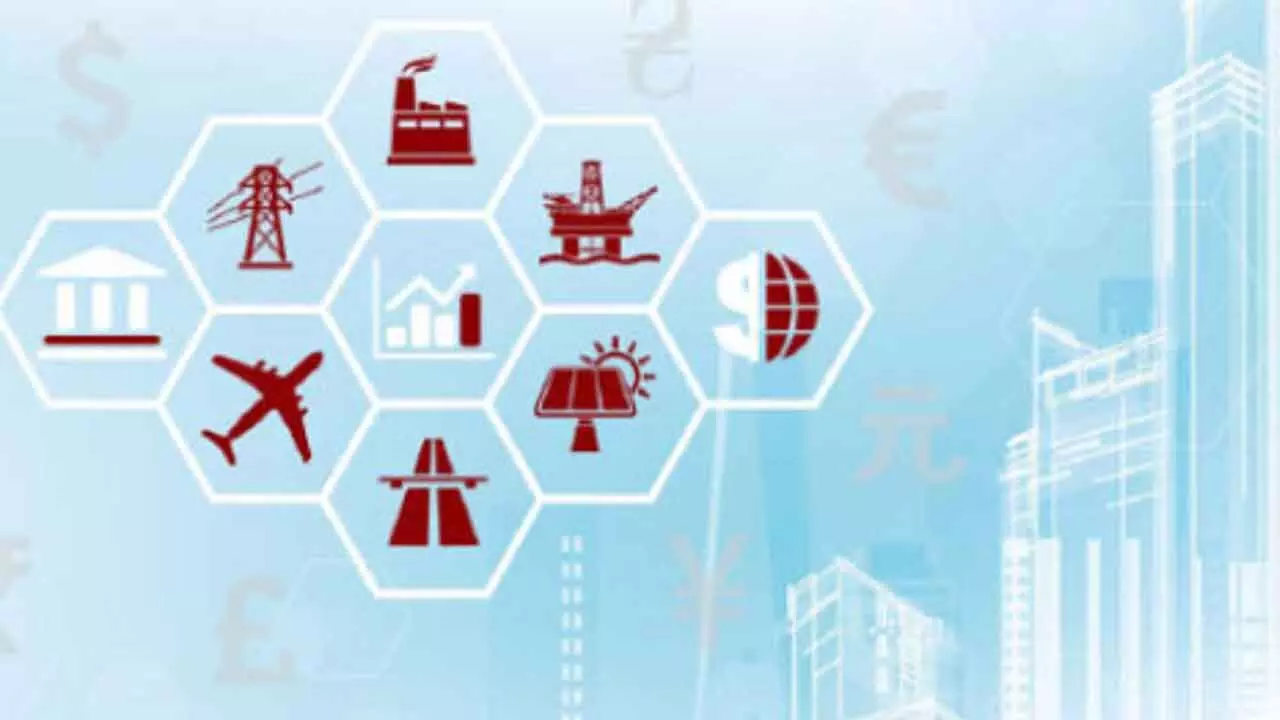India Needs 30% Higher Infra Spend: Ramky Infra
Underlines the need for Rs18-lakh-cr budget for infra against last year’s Rs11.1 lakh cr
India Needs 30% Higher Infra Spend: Ramky Infra

This investment will be critical in aligning with the World Bank’s projection that India requires $840 bn, about $55 bn annually, over the next 15 years to cater to its rapidly expanding urban population - YR Nagaraja, MD, Ramky Infrastructure Ltd
Hyderabad: As India gears up for the upcoming Union Budget, YR Nagaraja, Managing Director of Ramky Infrastructure Ltd, has emphasised the need for a significant boost in infrastructure spending to sustain economic growth. He expects a 30 per cent increase in allocations, raising the budget for infrastructure from last year’s Rs11.1 lakh crore to Rs18 lakh crore.
“This investment will be critical in aligning with the World Bank’s projection that India requires $840 billion, about $55 bn annually, over the next 15 years to cater to its rapidly expanding urban population,” Nagaraja stated.
He lauded the government’s previous budget initiatives, particularly in sustainable urban development, including sewage waste management and treatment projects in over 100 cities. He urged a continued focus on the Atal Mission for Rejuvenation and Urban Transformation (AMRUT), which plays a vital role in improving essential civic amenities such as water supply, sewerage, and urban transport for underprivileged communities.
“The Rs8,000 crore allocation last year was a step in the right direction, and we hope to see a higher outlay this time,” he added.
Nagaraja also highlighted the importance of fostering sustainable infrastructure projects through innovative partnerships and the promotion of eco-friendly construction materials like steel slag and recycled plastic waste in road development. He acknowledged past initiatives, including Rs1.5 lakh crore interest-free loans to States for infrastructure expansion and Phase-IV of PMGSY, aimed at enhancing all-weather connectivity for 25,000 rural habitations.
Furthermore, he proposed the introduction of a sustainability rating framework to evaluate infrastructure projects based on long-term environmental impact and viability.
“A structured rating system would not only ensure sustainable development, but also help identify areas for project optimization,” he suggested.
As India continues to urbanize rapidly, Nagaraja stressed the need for a holistic approach to urban development, with a strong push for Smart Cities and sustainable initiatives that balance economic growth with environmental responsibility.

